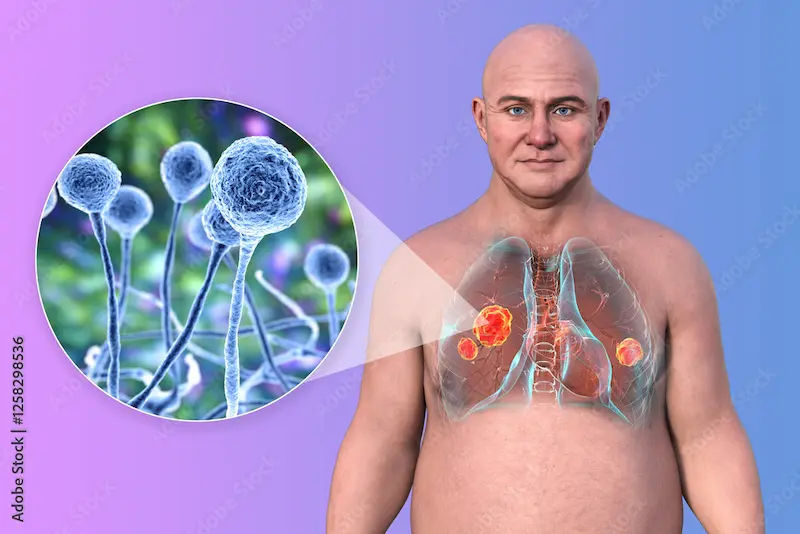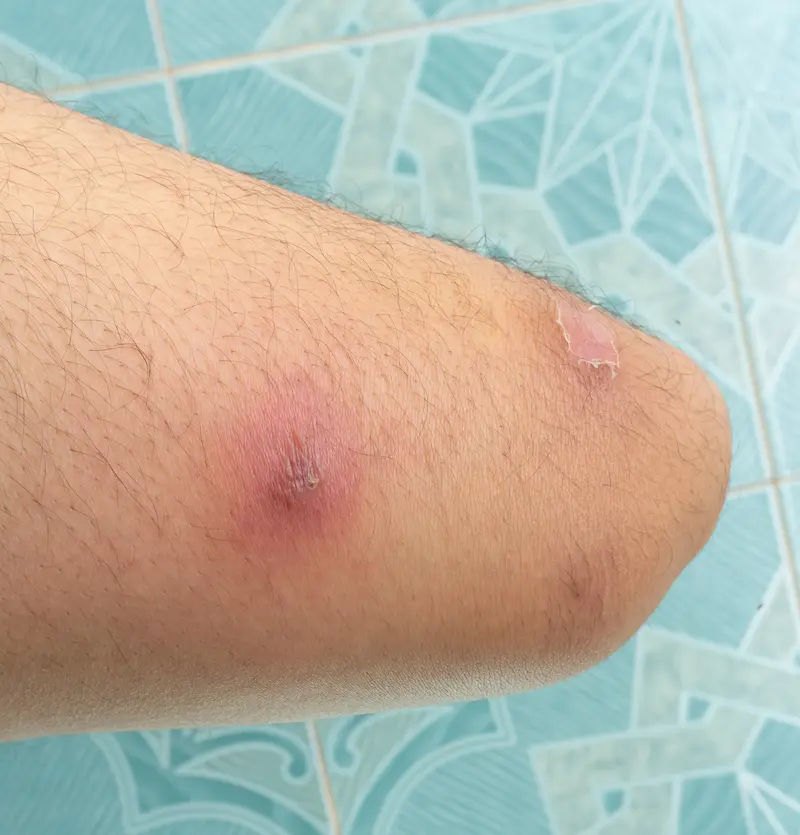Understanding Sepsis Symptoms, Causes and Treatment
Understand the life-threatening condition of sepsis. Learn about its key symptoms, common causes, and crucial treatment options to aid in early detection and care.


Sepsis is a serious and potentially lifethreatening condition that occurs when the body’s response to an infection goes out of control, leading to widespread inflammation and organ damage. It requires immediate medical attention, as delays in treatment can be fatal.
If you or a loved one experience symptoms of sepsis, seeking urgent medical care is crucial. You can book a consultation with a specialist or schedule necessary tests through Apollo 24|7 for timely diagnosis and treatment.
What Is Sepsis?
Sepsis is not an infection itself but rather the body’s extreme reaction to an infection. Normally, our immune system fights infections, but in sepsis, the immune response becomes so strong that it starts harming the body’s own tissues and organs. If not treated quickly, sepsis can lead to septic shock—a severe drop in blood pressure that can cause multiple organ failure and death.
Common Symptoms of Sepsis
Recognizing sepsis early can save lives. The symptoms may develop rapidly and include:
• High fever or very low body temperature
• Fast heart rate
• Rapid breathing or shortness of breath
• Confusion or disorientation
• Extreme fatigue or weakness
• Severe pain or discomfort
• Pale, clammy, or discolored skin
In severe cases, symptoms may worsen, leading to:
• Difficulty breathing
• Low blood pressure (feeling dizzy or faint)
• Reduced urine output
• Loss of consciousness
If you notice these signs, especially in someone with a known infection, seek emergency medical help immediately.
Consult a General Physician For The Best Advice
What Causes Sepsis?
Sepsis can develop from any infection, but the most common sources include:
• Bacterial infections (e.g., pneumonia, urinary tract infections, skin infections)
• Viral or fungal infections
• Infections from wounds or surgical sites
• Severe cases of COVID19 or flu
People with weakened immune systems, chronic illnesses (like diabetes or kidney disease), the elderly, and young children are at higher risk.
How Sepsis Affects Health?
Sepsis can cause:
• Organ damage (kidneys, lungs, liver, heart)
• Blood clots and poor circulation
• Long-term physical and mental health problems (postsepsis syndrome, including fatigue, muscle weakness, and memory issues)
Early treatment is critical to prevent complications.
How Is Sepsis Treated?
Sepsis is a medical emergency, and treatment usually involves:
1. Antibiotics or Antifungals – Given intravenously (IV) to fight the infection.
2. IV Fluids – To maintain blood pressure and hydration.
3. Oxygen Therapy – If breathing is affected.
4. Vasopressors – Medications to raise blood pressure in severe cases.
5. Surgery – If an infected wound or abscess needs draining.
The sooner treatment begins, the better the chances of recovery.
Preventing Sepsis
You can reduce the risk of sepsis by:
• Treating infections promptly (don’t ignore persistent fevers or worsening symptoms).
• Keeping wounds clean and properly cared for.
• Getting vaccinated (flu, pneumonia, and other recommended vaccines).
• Practicing good hygiene (handwashing, safe food handling).
• Managing chronic conditions (diabetes, heart disease) effectively.
When to See a Doctor?
If you suspect sepsis, do not wait. Call emergency services or visit the nearest hospital. For follow-up care or early infection management, you can book a consultation with specialists via Apollo 24|7.
Final Thoughts
Sepsis is a dangerous but preventable condition. Knowing the symptoms and acting fast can make all the difference. Stay informed, take infections seriously, and seek medical help when needed.
If you have concerns about infections or sepsis risk, consult a doctor today through Apollo 24|7 for expert advice and care.
Stay safe, stay healthy!
Consult a General Physician For The Best Advice
Consult a General Physician For The Best Advice

Dr. Rajib Ghose
General Physician/ Internal Medicine Specialist
26 Years • MBBS
Kolkata
B Ghose Foundation Doctor's Chamber, Kolkata
(25+ Patients)

Dr. Swathi Reddy Perugu
General Physician/ Internal Medicine Specialist
7 Years • MBBS, MD (General Medicine)
Hyderabad
Health plus, Hyderabad

Dr. Rajib Ghose
General Practitioner
25 Years • MBBS
East Midnapore
VIVEKANANDA SEBA SADAN, East Midnapore

Dr. Mohamed Azeem
General Physician/ Internal Medicine Specialist
2 Years • MBBS,MD(Internal Medicine) CCEBDM
Karaikudi
Apollo Hospitals Karaikudi, Karaikudi

Dr. Yogesh Valecha
General Physician/ Internal Medicine Specialist
20 Years • MBBS, MD
Noida
Apollo Hospitals Sector 26, Noida
(75+ Patients)
Consult a General Physician For The Best Advice

Dr. Rajib Ghose
General Physician/ Internal Medicine Specialist
26 Years • MBBS
Kolkata
B Ghose Foundation Doctor's Chamber, Kolkata
(25+ Patients)

Dr. Swathi Reddy Perugu
General Physician/ Internal Medicine Specialist
7 Years • MBBS, MD (General Medicine)
Hyderabad
Health plus, Hyderabad

Dr. Rajib Ghose
General Practitioner
25 Years • MBBS
East Midnapore
VIVEKANANDA SEBA SADAN, East Midnapore

Dr. Mohamed Azeem
General Physician/ Internal Medicine Specialist
2 Years • MBBS,MD(Internal Medicine) CCEBDM
Karaikudi
Apollo Hospitals Karaikudi, Karaikudi

Dr. Yogesh Valecha
General Physician/ Internal Medicine Specialist
20 Years • MBBS, MD
Noida
Apollo Hospitals Sector 26, Noida
(75+ Patients)



